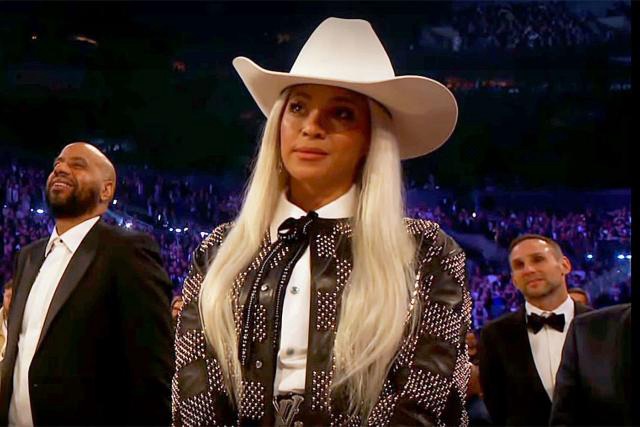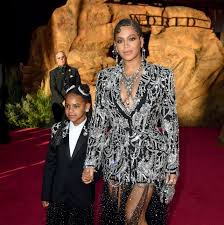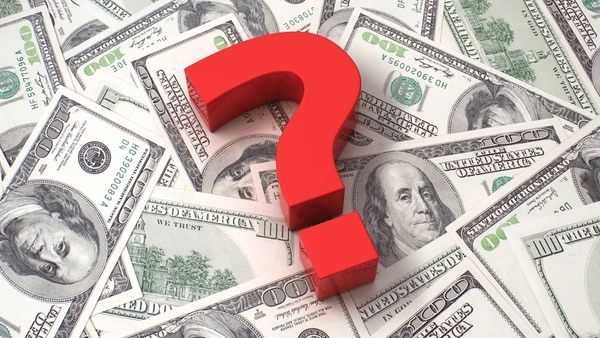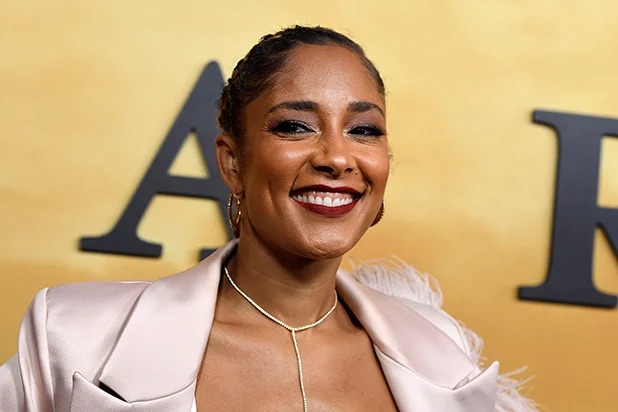The music icon’s alleged lifetime ban from the Opry sparks a conversation about gatekeeping, genre fluidity, and who gets to define “country”.
The Grand Ole Opry, a Nashville institution and cornerstone of country music, has landed itself in hot water after rumors surfaced that they’ve imposed a lifetime ban on megastar Beyoncé. While neither party has officially confirmed or denied this, the timing is suspect. Word of the alleged ban started circulating right after Beyoncé’s critically-acclaimed 2023 album “Cowboy Carter” – a bold exploration of country themes infused with her signature sound.
Old Guards vs. New Visions
This isn’t the first time Beyoncé has been at odds with country music traditionalists. Many believe the fallout from her 2016 CMA performance with The Chicks, where she faced backlash for her presence at the awards, played a role in the creation of “Cowboy Carter”. The fact that a Black woman pushing the boundaries of the genre might now be barred from its most iconic stage has ignited a much-needed debate.
The issue boils down to a clash of tradition and progress, raising questions about:
Who decides what is “country”?: The genre has always evolved, influenced by blues, folk, and even rock ‘n’ roll. Why is Beyoncé’s artistic expression any less authentic?
Gatekeeping and Exclusion: The Opry has a history of questionable bans. Johnny Cash and Jerry Lee Lewis were both given the boot at various points due to their “unconventional” behavior. Should artistic differences and personal lives determine access to a stage?
Representation Matters: Country music has historically lacked diversity. If Beyoncé, one of the most influential artists of our time, is unwelcome, what message does it send to aspiring Black musicians who may love the genre?
Black Roots in Country
It’s important to remember that country music’s origins are deeply intertwined with Black artists and the blues. Pioneers like DeFord Bailey, one of the Opry’s earliest stars, were later erased from its history. Linda Martell, the first Black woman to perform at the Opry, never saw the success her talent deserved. “Cowboy Carter” pays homage to these often-overlooked influences.
Should We Be Surprised?
The fact is, music genres are getting harder to define. Artists blend sounds all the time, but often encounter resistance in traditionally rigid spaces. Hip-hop’s Lil Nas X faced a similar outcry when “Old Town Road” topped country charts. The Opry, with its focus on tradition, risks getting left behind if it refuses to embrace the richness of contemporary music.
Beyond Beyoncé
This isn’t just about one superstar. It’s about the Opry choosing to be on the right side of history. Will they alienate a younger and more diverse audience by clinging to an outdated idea of what country music should be? Music should not have a color code, and neither should its stages.
It’s time for the Grand Ole Opry to decide whether they value preserving a narrow past or celebrating the vibrant future of music that artists like Beyoncé boldly represent.






Leave a comment